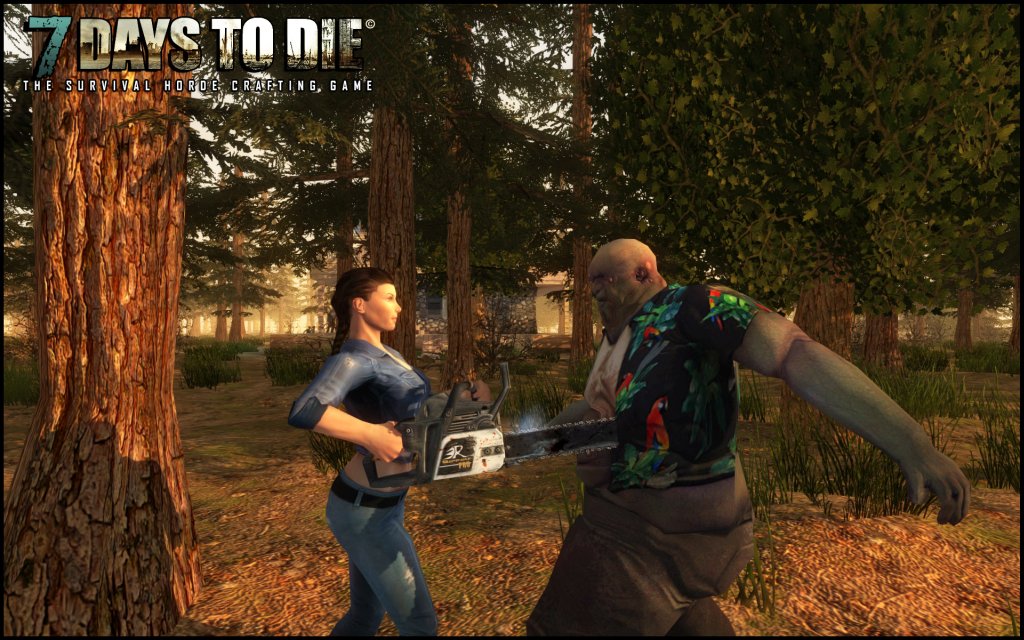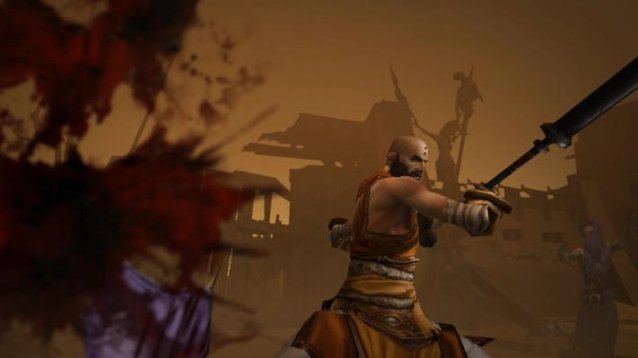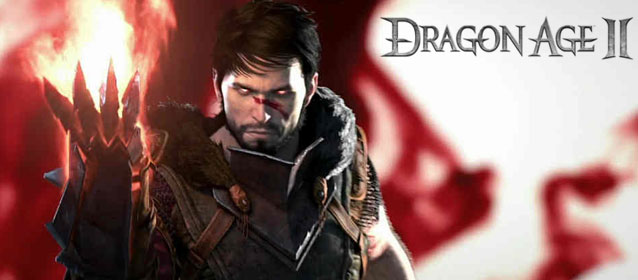

The Civilization franchise has been one of the most successful strategy series in gaming history. While the original Civilization had a definite cult following, the games definitely hit a wider mark with Civilization II, and continued to hammer out classics with the third and fourth games in the popular series. Civilization V, released in September 2010, continued the trend of the addictive “just one more turn” gameplay that was a hallmark of the series.
While Civilization V had released small map packs and individual nationalities (such as Babylon and Korea) as DLC, Civilization V: Gods and Kings marks the first true expansion for the game. But does the game add (and change) enough to Civ V to be worthy of your gaming dollar? The short answer is yes.
The most significant addition in Gods and Kings is the re-inclusion of religion, last seen in Civilization IV but removed entirely from vanilla Civ V. This isn’t the religious system from Civ IV though; it’s based on an entirely new “resource” called Faith, which is generated by new buildings (shrines, pagodas, etc.) and old ones, like temples (which no longer provide culture unless buffed). Once players have enough Faith, they will be prompted to found a Pantheon, which opens some very interesting bonuses to the player’s civilization, such as additional production from fishing boats or culture from pastures, and so forth. It is a literal race to found a pantheon, as only a single civilization can have one of the benefits.
Enough built-up Faith will eventually produce a Great Prophet, who is used to create a religious system, enabling the player to select a few more benefits, such as additional happiness based on the number of followers in that religion, or additional gold. The traits selected must be weighed carefully though, as they cannot be undone. Most players will want to maximize their civilization’s strengths by buffing what they already do extremely well – such as enhancing the Mongols and Aztec’s ability to wage war or combat the unhappiness of expansion in the Indian empire.
Accumulated Faith is also used to purchase units to spread religion or protect the borders from outside religious pressure, as well as religious buildings, neither of which can be built with normal production or purchased with gold. It makes decisions on how to spend Faith incredibly important as the game progresses, as the base cost for a religious building or missionary increases with each purchase and with each city built.
The second major addition in the Gods and Kings expansion is yet another mainstay from Civ IV: Espionage. Like religion, the current mechanic has been completely overhauled from previous iterations, replacing literal “spy” units with off-map units and an espionage interface where all the player’s work is conducted. Players are awarded with their first spy upon reaching the Renaissance Age, a “unit” that can be planted in enemy cities to discover their production queue, units, or steal technology. Spies can also be assigned to home cities, acting as counter-intelligence agents to thwart the efforts of other civilizations.
The actual interaction with the spies, though, is somewhat underwhelming as players simply click a few buttons in a control panel and watch them do their job. There is very little micro-management involved, which is not a bad thing per say, but it leaves the entire espionage model feeling hollow and listless. The entire mechanic simply enhances the gameplay to a degree but does not really change the way a game is won or lost, which ultimately makes it secondary.
The combat system, which was overhauled and modified in Civ V, has been updated as well, and it is a welcome change. In the original game, all units had 10 hit points, though it was modified by their overall strength and other various modifiers. The problem, however, was that no matter how strong or weak a unit was, entering into combat was always destined to cause at least 1 hit point of damage (10% of the unit’s health), regardless of the units involved. Gods and Kings changes this by increasing the hit points from 10 to 100 and keeping the modifier combat mechanic. This means that units are more balanced, don’t die nearly as much as they used to, and survive encounters with enemies 2-3 turns longer on average.
There is also an inclusion of “melee” naval warfare, which makes building navies all the more important, as well as protecting coastal cities (cities that in the original game were basically invincible with a sufficient ground force protecting them). Melee naval units may capture coastal cities and raid them for gold, giving players much more incentive to build large navies. The AI is significantly more intelligent about how it builds its navy and uses it, meaning players will be wise to consider reconnaissance and tactics before launching ill-fated naval assaults.
The AI has also been greatly enhanced and altered in diplomacy. It will now consider the religion and social policies the human player has selected, using them to determine how it approaches player encounters, something not seen since Civ IV. This means that religion will be more important early in the game, with diplomatic modifiers for religion increasing during the Medieval and Renaissance ages, but decreasing after that. After the Renaissance period, the major impact on diplomacy will be the Industrial-era social policies chosen: Freedom (Democracy), Autocracy (Fascism) or Order (Socialism).
There are nine “new” civilizations in Gods and Kings, though one of them – Spain – was previously released as a stand-alone DLC offering, but is included in the expansion (other civilizations like Babylon and Korea must still be purchased separately). Others included are Austria, Byzantium, Carthage, Celts, Ethiopia, Huns, Mayans, Netherlands, and Sweden, each with their own unique units, ruler, and bonuses.
Two different city-states also make an appearance, religious and mercantile, of which the latter is very interesting by providing two luxury resources – jewelry and porcelain – to the player that are not found on the map. Tasks for city-states are more varied and detailed, though the easiest way to gain their favor (and maintain it) is still giving them gold.
The game is not without its problems though. There are annoying bugs that keep popping up, such as luxury notifications that never disappear even if they have been satisfied. Graphical glitches also seem to pop up around the area of the map where the fog of war meets discovered land. Automated explorers often get stuck (how I have no idea) behind ice masses and around mountains.
For all the changes and enhancements to the AI, however, it still cannot match a decent human player in a tactical game as long as the human player actually plans their attack – which ultimately leads to unsatisfying battles. The global happiness factor is also a very unrealistic and illogical system that, arguably, should never have been changed from Civ IV, but it is something the player must simply accept and deal with, which cheapens the experience.
Militaristic city-states gift unique units of other civilizations to the player (and AI for that matter), though the developers are insistent this is by design and has been around since Civ V. Even if it is by design, what is the point of unique units if city-states can simply gift them away?
Despite some of the shortcomings mentioned, the Civilization V: Gods and Kings expansion is a worthy addition to the Civilization library, and most players of vanilla Civilization V should find the expansion’s additions and changes welcoming and worthwhile. From new units, techs, resources and civilizations, this is a massive and solid addition to an already-established and well-rounded game.
Civilization V: Gods and Kings is currently available for the PC and requires the original Civilization V to play.
–
Follow me on Twitter @mattrowland1




 inFamous: Second Son Wiki .
inFamous: Second Son Wiki . Play as Han Solo in Star Wars Battlefront - Hero guide
Play as Han Solo in Star Wars Battlefront - Hero guide Batman: Arkham Knight Wiki – Everything you need to know about the game .
Batman: Arkham Knight Wiki – Everything you need to know about the game . Top 5 Companion Mods for Fallout 4
Top 5 Companion Mods for Fallout 4 Dragon Age II: A Revolutionary RPG in the Making
Dragon Age II: A Revolutionary RPG in the Making